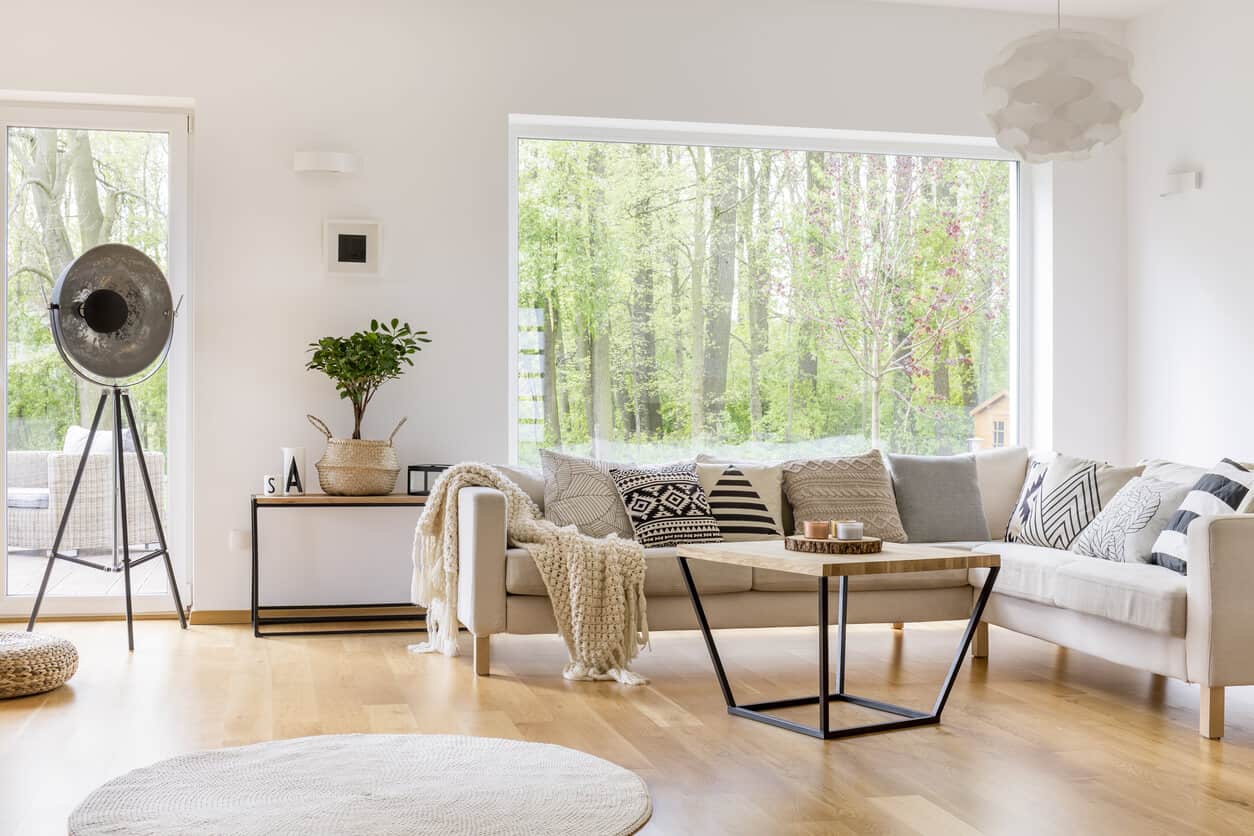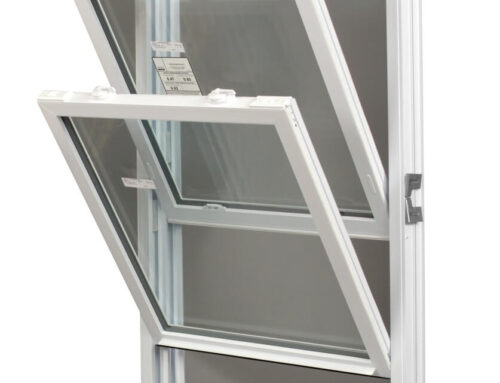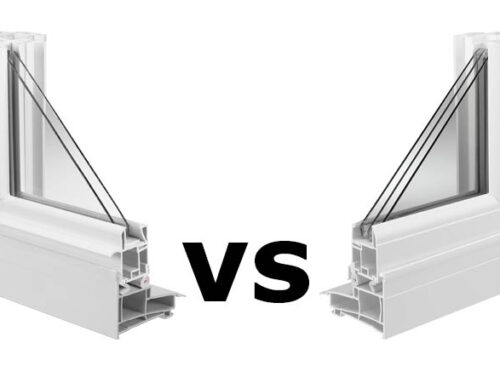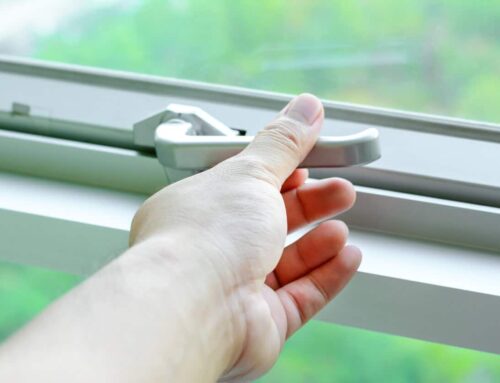
Are you thinking about completing a home window tinting project? We understand why you might consider investing in window film – it keeps prying eyes from being able to see inside your home and can keep your furniture from fading over time. But is tinting home windows a good idea?
However, before hiring a residential window tinting company, consider these pros and cons.
Contents
Contents
Benefits of Tinting the Windows in Your Home
You may have purchased a decorative window film and completed a DIY home window tinting project to hide an ugly view from a small window. Or you may have bought car window tinting to reduce glare while driving. These are not the types of window tint we are discussing in this article.
Instead, here are some benefits of professional installation of residential window films.
Window tinting increases your privacy.
Do you and your houseplants love natural light? However, do you close your window treatments because you don’t want others peeking inside your home? You may consider a privacy window film installation.
Solar window tinting can reduce your energy bills during the summer.
Some people opt for tinted home windows to reduce the heat coming through a window glass during the summer. This may be one of the benefits of tinted house windows.
Home window tinting can block out UV rays.
Window tints can block harmful UV rays, which can cause your furniture to fade.
You may be excited about improving your privacy and keeping your furniture around longer. And some of you may hope that the right window film will improve your home’s energy efficiency. But, there are some drawbacks to home window tinting.
Drawbacks of Tinting Your Home’s Windows
Is tinting house windows worth the investment? We’ll let you decide. Here are some of the drawbacks to home window tinting.
Window film reduces passive solar heat during the cold months.
Do you live in an area with four seasons? After applying a tinted film to your windows, you may have to budget more for heating costs.
Professional residential window tinting is expensive.
You may think that window tinting will “pay for itself” over time because it will allow you to depend less on air conditioning. But a tint job is going to set you back. Tinting companies charge per square foot. And unlike new windows, a tinting project will not increase the value of your home.
A tinting project may void your window warranty.
Read the fine print of your window manufacturer’s warranty. Many window manufacturers will not honor warranties if the windows are modified.
Consider New Windows Instead of Window Tints
Before you commit to a window tinting project, do a reality check. Ask Woodbridge Home Solutions to give you a free in-home consultation. Tell them you want to reduce energy costs, block out UV rays, and improve your privacy. You’ll discover that our Woodbridge Classic product line can help you achieve all these goals – and more. And new windows will increase the value of your home. Check out this cost vs. value report. Window tinting isn’t even listed as a home improvement project.
The Woodbridge team will help you select windows to meet your goals – while increasing your home’s curb appeal.
Key Takeaways About Residential Window Tinting
- Installing window film may reduce the amount of heat coming through your windows. But you may want this passive solar heat during the winter.
- Professional window tinting may be expensive. Before modifying windows, make sure the act won’t void your warranty.
- Consider buying new windows with UV protection instead of paying for professional window tinting.







